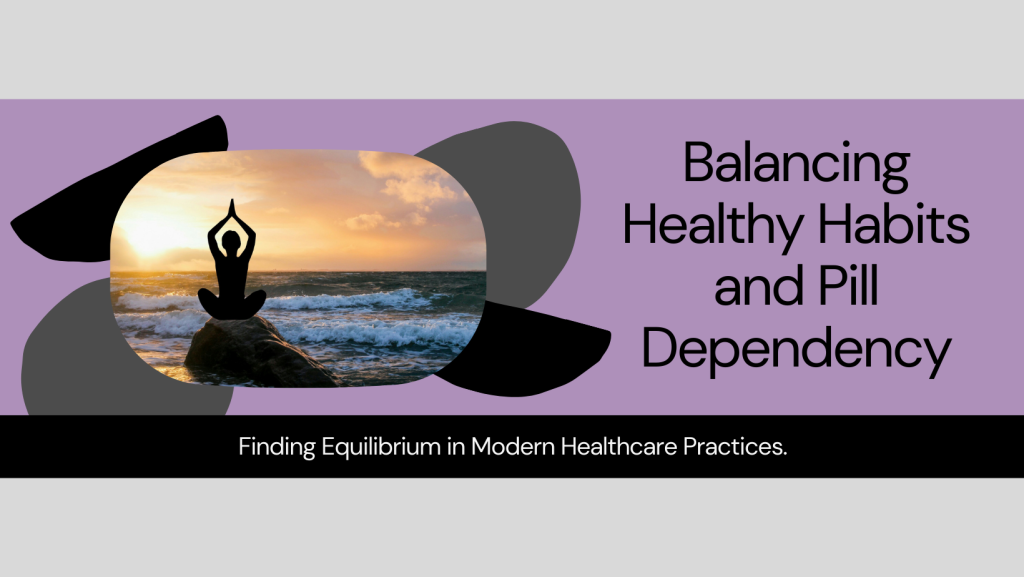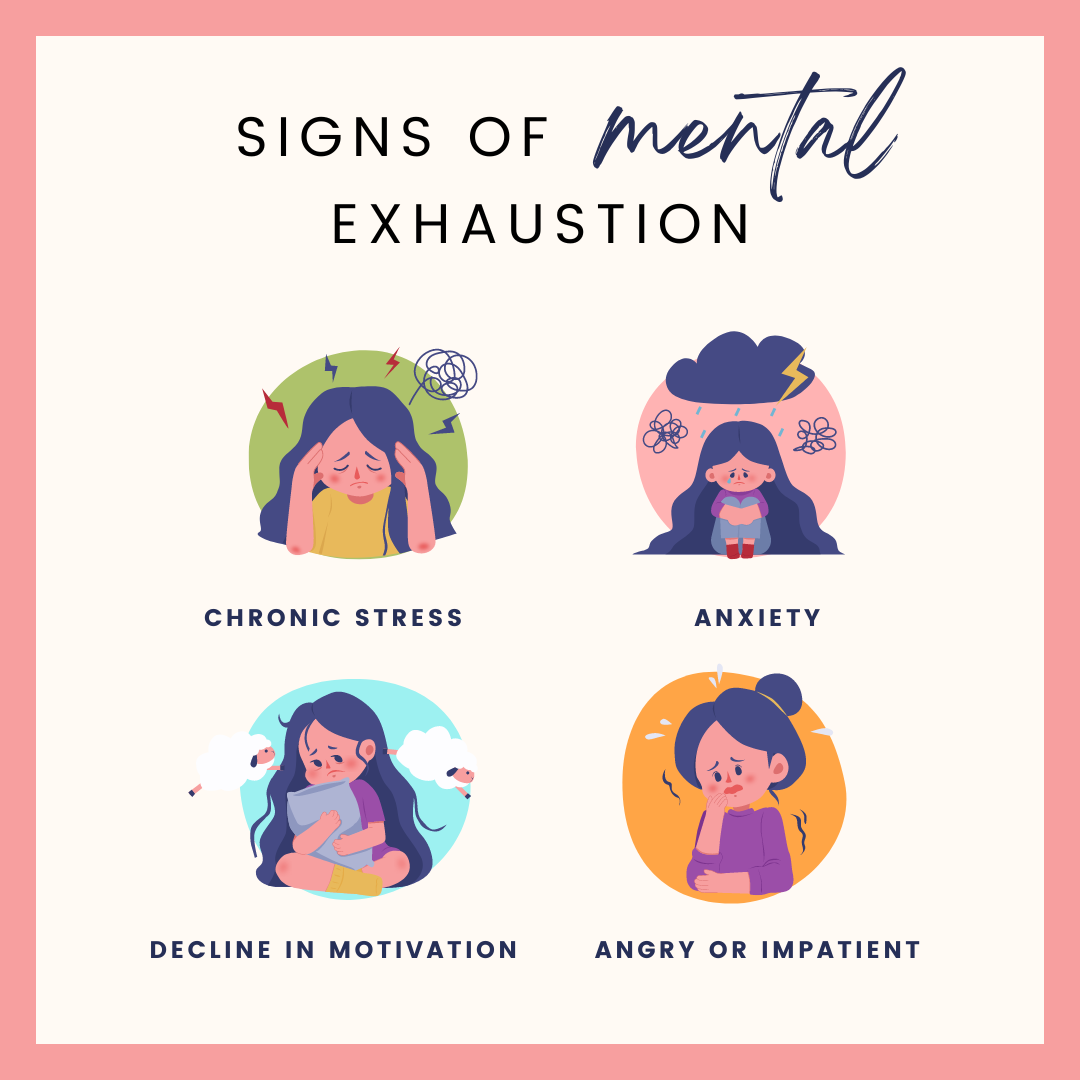In modern healthcare, the debate between fostering healthy habits and relying on pills for treatment underscores the importance of finding equilibrium in patient care. While medications play a crucial role in managing illnesses and chronic conditions, promoting healthy lifestyle habits can often serve as a preventive measure, reducing the need for excessive pill dependency.
Healthy habits encompass a broad spectrum of behaviors, including regular exercise, balanced nutrition, adequate sleep, stress management, and avoidance of harmful substances like tobacco and excessive alcohol. These habits form the foundation of preventive healthcare, promoting overall well-being and reducing the risk of chronic diseases such as heart disease, diabetes, and obesity. By emphasizing healthy lifestyle choices, healthcare providers can empower patients to take control of their health and reduce reliance on medications.
However, in some cases, medications are necessary for managing acute or chronic health conditions effectively. Prescription drugs can provide relief from symptoms, control disease progression, and improve quality of life for patients with various medical conditions. When used appropriately and judiciously, medications are invaluable tools in modern healthcare, helping patients achieve optimal health outcomes and maintain a high quality of life.
The challenge lies in striking a balance between promoting healthy habits and addressing the need for medication use. Healthcare providers must take a holistic approach to patient care, considering individual preferences, medical history, and treatment goals when developing treatment plans. This involves educating patients about the benefits of healthy lifestyle habits, while also providing necessary medications when indicated.
Furthermore, healthcare systems should prioritize preventive care and wellness initiatives to reduce the burden of chronic diseases and promote healthy living. By investing in community-based programs, public health campaigns, and patient education efforts, healthcare providers can empower individuals to adopt healthy habits and minimize the need for excessive pill dependency.
In conclusion, finding equilibrium between healthy habits and pill dependency is essential for promoting optimal health and well-being in modern healthcare practices. By emphasizing preventive care, promoting healthy lifestyle habits, and judiciously prescribing medications when necessary, healthcare providers can strike a balance that optimizes patient outcomes and fosters a culture of wellness.



